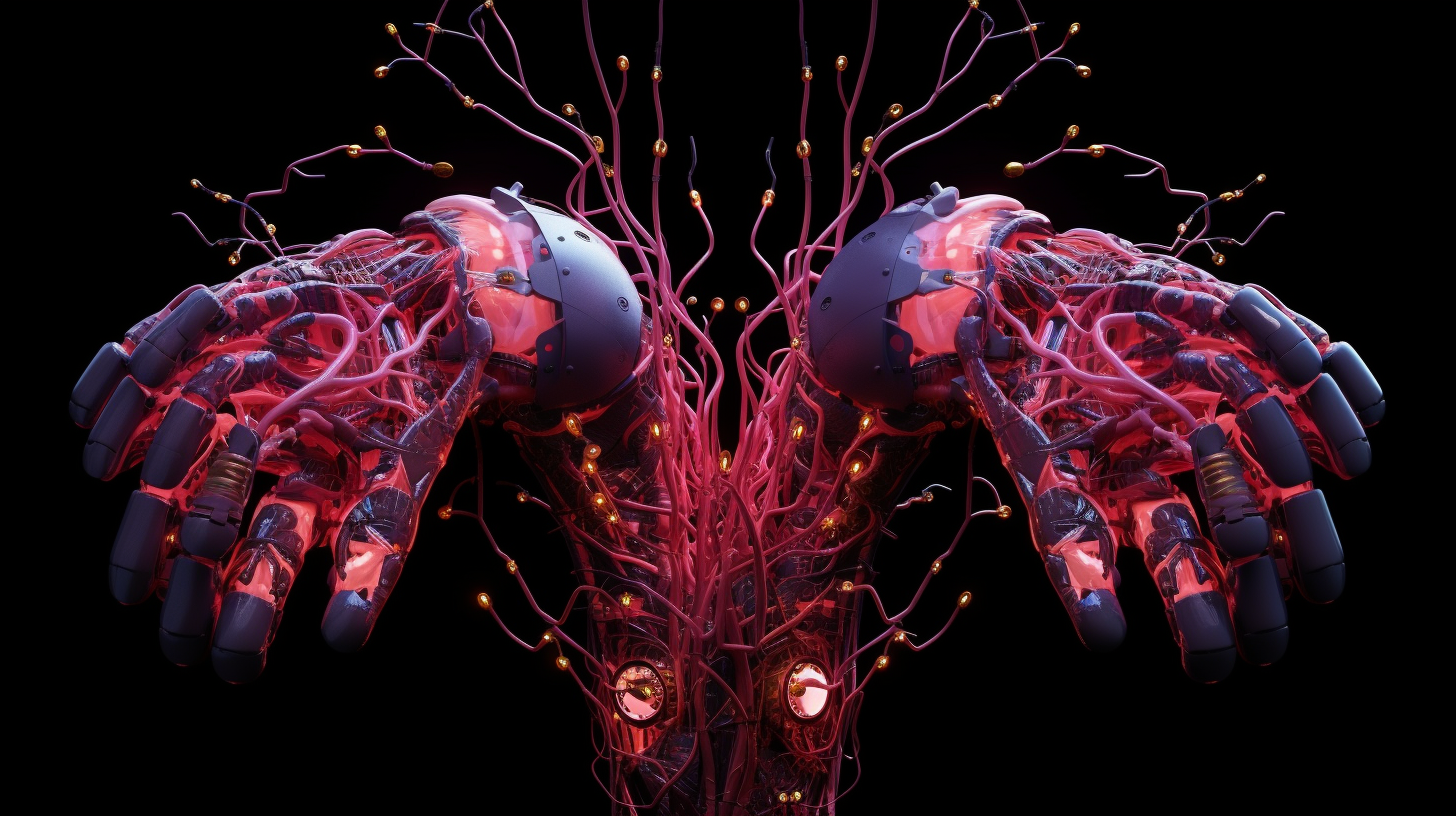It took a lot of effort reconcile two forms of order: letters and numbers. Numbers had identities because they had names. Just as I was picking up the sound of names fourteen, sixteen, seventeen, eighteen, nineteen, and the mysteries of numbers that began with twenty, I became quite frustrated with eleven and twelve. Here were two sets of two symbols with distinct names that didn’t fit. They broke the pattern, the beautiful symmetry, between place and place value. And how I ever despised thirteen as a concept because there was not only was there no firteen nor seconteen. Where was thirteen anyway? It wasn’t on the clock. It wasn’t on any packaging. Good things never came in packages of thirteen.[…]
Tag: humans
This post offers some value in exchange for your attention. I’ll open up with an observation about attention payments and platforms. I’ll expand on the relationship between platforms, the state, and citizens. I’ll dive into recent changes in attention markets, talk about motives, expand on how I’m thinking about choices, and conclude with a practical rule of thumb that could be useful. Oh you’ll pay. You’ll all pay. You pay attention. You pay for attention with your time. Sometimes you’ll pay money and then pay attention — like when you go to the movies or the theatre. If you run a business, you may even pay for the attention of others in cold hard money to an attention distributer who[…]
Perspective coordination can be a need, skill, solution, or a problem. Dawson (2020) defined perspective coordination as: “…a dynamic set of skills that supports human interactions by fostering mutual respect, nurturing creativity, expanding our minds, generating and developing ideas, leveraging conflict, and supporting healthy relationships. Robust collaborative capacity skills are a prerequisite for the development of perspective coordination skills, but you will also find that practices for building perspective coordination skills build collaborative capacity skills. Wheels within wheels.” Dawson, Theo (2020) “VUCA unpacked (3)—Perspective coordination” https://theo-dawson.medium.com/vuca-unpacked-3-perspective-coordination-13e722981ce6 Retrieved 1 Jan 2024 And Dawson provided a helpful concept map: Why might perspective coordination might be a need? It’s because you need people. If you had total independence, total freedom from dependents and their dependencies,[…]
Paul Graham wrote on May 9: “Observation suggests that people are switching to using ChatGPT to write things for them with almost indecent haste. Most people hate to write as much as they hate math. Way more than admit it. Within a year the median piece of writing could be by AI. … I warn you now, this is going to have unfortunate consequences, just as switching to living in suburbia and driving everywhere did. When you lose the ability to write, you also lose some of your ability to think. I don’t have the slightest hope of averting this switch. I often tell startups it’s safe to bet on laziness, and this is one of the biggest bets on[…]
“We reject kings, presidents and voting. We believe in rough consensus and running code” –David D Clarke I thank Sunny Aggarwal for putting quote above on his presentation at Cosmoverse on September 27, 2022. This post is about that quote and a few primitive thoughts linking learning, organization design, and perspective coordination. Kings, presidents and voting Kings, presidents, and voting can be placed on an axis. A king is centralized authority with relatively little consent. A president is centralized authority with consent. Voting is distributed authority with consent. In each step, the relative power of the hierarchy to impose arbitrary decisions upon a network is checked by some reactive network mechanism. It is still common in some parts of the[…]
It’s kind of amazing we know how to abstract at all. It’s an unreasonably effective skill. It enables a high bandwidth way of transmitting information. Learning through demonstration is pretty effective. Learning through symbolic representation even more so. Consider these words. They’re made up of sounds. The sounds can be strung together to symbolically represent physical things and virtual concepts. We learned how to draw physical representations of physical things. Then the alphabet was invented, letters themselves an innovation because they originally symbolized sounds. The letters have long since drifted from their original sounds. So much so that in English, we cram 48 sounds into 26 letters. The English alphabet is an overloaded abstraction. Stories too are overloaded abstraction. There[…]
Life changes the planet. It always has. We humans are life. We’re changing the planet. How you choose to think about it has a lot to do with what you choose to do about it. The Medea Hypothesis In his book, The Medea Hypothesis, Peter Ward summarizes a few decades of ecology research and adds a few of his ideas of his own. Ward argues that the idea that life seeks to create equilibrium with the environment, the Gaia Hypothesis, is false. He paints a compelling picture of how life doesn’t create harmony with the planet at all. Life appears to be in perpetual conflict with the abiotic environment. It tries to occupy as much space as it can. It[…]
What you believe has a lot to do with who you believe. Who you believe, and who you don’t, can be represented as a network. Networks cause and reinforce trust. In this post, I’m going to try to make the connection between trust, society, and the delta variant of COVID. As I begin writing this post on July 20, 2021, I know about Delta Variant. We know that it’s burning through large populations of unvaccinated people. I think most people see it coming. And as the days passed, I watched increasing anxiety about what is to come. As a I publish this on August 1, there still isn’t much evidence of a mass urgency to vaccinate. So why the inaction?[…]
Benedict Evans writes fantastic writing prompts. He’ll make references to different first principles, and he’ll go onto build arguments out of them later. Sometimes I agree with them. Sometimes I don’t. He does provoke thought. One theme is the nature of people. On October 9, 2020, Benedict Evans wrote: We connected everybody, and that meant we connected all the bad people and the idiots, and our own worst instincts, and all society’s problems get expressed in software. Sometimes the Internet amplifies and channels that, but maybe sometimes the Internet is people. On April 23, 2021, Benedict Evans wrote: Old: if you make something idiot-proof, God creates a better idiot. New: if you create an Internet service that’s proof against assholes,[…]
Somewhere along the way, I came to believe that the word causal came from the word because. Because there’s a cause contained in the word because. The word is almost like a commandment. Be the cause. I don’t think that’s really true. It’s just a silly association. The word because seems to be an element of a persuasive argument. How about a little thought experiment? Consider the assessment: “Peaches are gross.” Okay, you may have one or many positions on this controversial subject: You agree because your experience matches that statement, you disagree because your experience does not match that statement, you may not agree nor disagree because it’s possible that some peaches are gross and some other peaches are[…]










